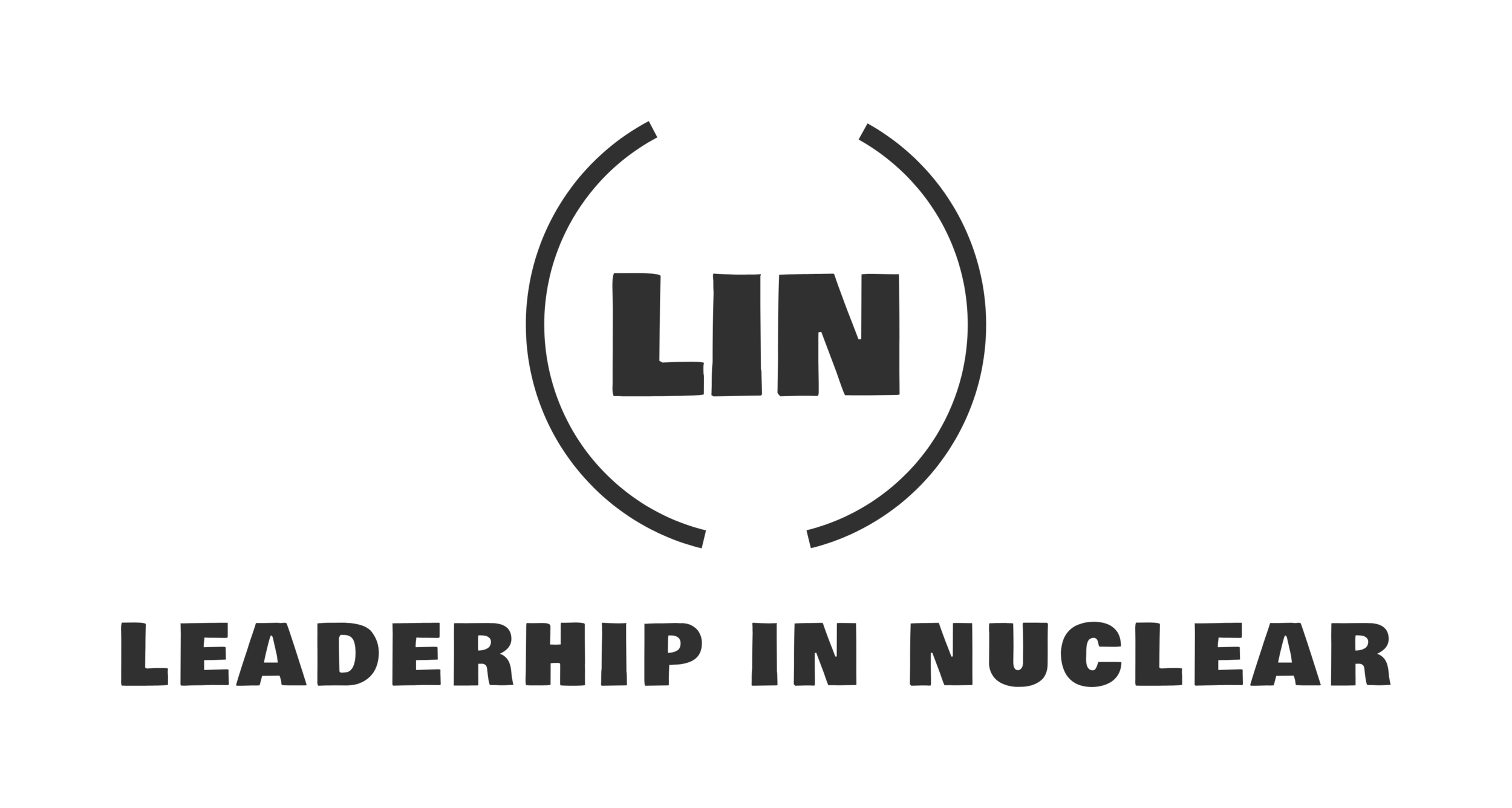Why action is important in leadership success
Real leaders make things happen. They lead by example and show the way. When I did my military service in the Swedish elite forces, our senior officers always lead us accordingly. They showed the way regardless if it was bathing in wintertime or crawling in the mud.
We all felt they were there for us, and that created a sense of trust. The military has produced many great leaders throughout history.
Actions speak louder than words. If you have children you have probably notice that they don't do as you tell them to do, they do as you do.
Many of the rising leaders that I see come from practical families. Girls who have participated in sports or horseback riding or boys that have been brought up at a farm. They all manifest the importance of taking action.
If something is broke, you fix it. You build your success because no one else will do it for you. Sometimes it is better to do something instead of nothing. But what if my actions are in the wrong direction, you might ask.
Then my answer to you is; The sooner you find out.
When the Tsunami happened in Asia, it was a tragedy for many families around the world. Many families lost their relatives, and the few survivors were stuck in this catastrophic inferno.
The informational director at a large travel agency became the role model for action and firm leadership in Sweden. She said that they would make sure to bring back all the Swedish survivors even though the solution was not clear at the moment.
A day later, a couple of Bowing 747 took off from Swedish soil with destination to Thailand to bring back the survivors.
When adversity occurs, the people turn their heads towards the leader. The leader is then put to the test and has to stand tall and give a clear and firm direction. When the leader shows courage and determinedness, the spines of the masses will straighten. The opposite is also valid.
The Civil War General George Steadman was addressing his Confederate troops just before the battle of Second Manassas, also known as Bull Run. General Steadman had a warning as to how the battle was going to turn out. "Gentlemen," he said, "I want you to fight vigorously and then run for your life. As I am a bit lame, I'm going to begin running now."
In the nuclear industry, we are trained to handle potential adverse situations. The training often takes place in a simulator environment (replica of the central control room). During these situations, the leader uses questions and meeting techniques to lower stress levels and get an overview of the conditions to be able to give clear and direct orders.
First, you ask everyone what the current status looks like from their point of view. After that, you will have a clear overview of the situation. Then you can ask everyone for their suggestions for solutions.
The leader gives clear orders to every participant based on their suggestions and your conclusion. Start by calling the person's name followed by the order you want to give. The receiver should then repeat the order so that you can hear that the communication has gone through.
You can apply this technique in any meeting where there is an unclear situation, and you need to make a decision as the leader. You might go easy on the three-way communication if your team is not used to it:)
Make sure to settle a new time for the next meeting until the issue is solved.
I have seen the effectiveness of this approach, and it helps the team to be focused and productive. Another benefit is that it also decreases stress levels, as I have mentioned.
Another example is that people do what people see. There was a plant manager at a Power plant who wanted to raise the standards regarding housekeeping. He took a trash bin and wrote the words World Class on it and went out into the plant.
When he had filled the bin, he went into the main Control room and emptied the bin into a larger trash canister. He did this without saying a word. This procedure went on for a couple of weeks, and after a while, new trash bins with the same word, World Class, were placed inside of the plant.
Eventually, the overall housekeeping status was improved, without even the Plant manager saying a single word.
As Gandhi said, “Be the change you want to see”.
